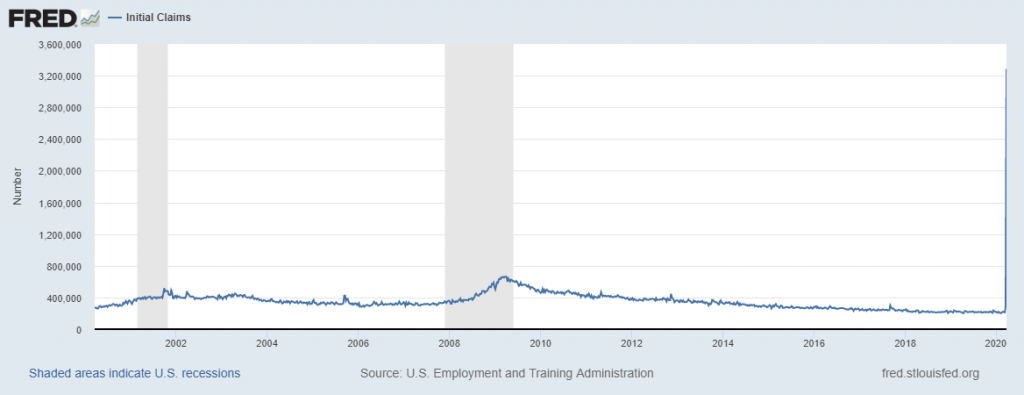The S&P 500 index closed at 3500.31 as of August 31, 2020, up 7 percent in the month of August and up 8.3 percent year-to-date. The yield on a 10-year U.S. Treasury Note was 0.72 percent, an ounce of gold closed out the month at $1973.90 after topping $2000, and a barrel of West Texas Intermediate oil was $42.82. The U.S. dollar fell a little over 1 percent in August and is at the lowest level since April 2018 relative to a basket of foreign currencies.
Despite the ongoing challenges related to COVID-19, the new high in the S&P 500 is due to the unprecedented monetary and fiscal support by the Federal Reserve and Congress. Moreover, the Federal Reserve literally changed its monetary policy rules last week, which will have a meaningful impact on markets for years to come.
